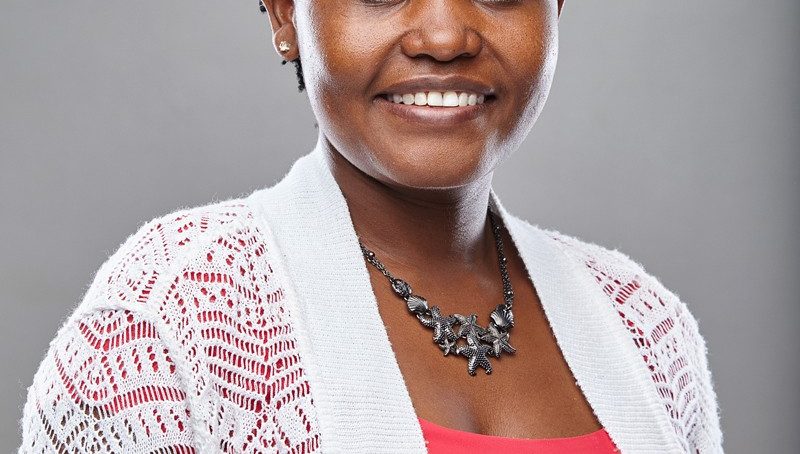
In the fifth instalment of an eight-part series about African women in science, Elizabeth Kimani-Murage, head of maternal and child well-being at the African Population and Health Research Center (APHRC) in Nairobi, describes the importance of quiet hours to write as an early-career public-health researcher.
After I earned my master’s degree in 2004 from Moi University in Eldoret, Kenya, I took a three-year research traineeship at the APHRC while I applied for PhD programmes.
My focus at the APHRC was on food insecurity and malnutrition in the urban poor in Nairobi. For my PhD, I got a scholarship to the University of the Witwatersrand (Wits) in Johannesburg, South Africa, to investigate the double burden of malnutrition – stemming from obesity in adolescents and under-nutrition in young children.
When I was admitted to my PhD programme in 2007, my child was two years old. My husband said he would help to take care of the baby, and we decided the child would grow up in Kenya. I knew I had to finish my PhD within three years.
I negotiated alternating three months in South Africa with two months working remotely from Kenya. It was really hectic. I worked past midnight many nights.
But it was worth the effort, because Wits provides a high-quality education and I could complete the programme in a short time. In Kenya, it can take up to 10 years to get a PhD and many people give up. I also wanted to gain experience outside Kenya.
When I returned to the APHRC in 2010, my colleagues called me a publishing machine. I was a prolific writer and I was able to publish my master’s and PhD work. I have also partnered with a lot of co-authors.
I pass along my mum’s advice to me: nothing good comes along easily. You have to be diligent and work hard. You cannot sit back and expect results. As a young researcher, I learnt to find time to do the work, managing projects and logistics during the day, and finding quiet time to learn the science of writing.
I got into that culture of working, finding an hour or two in the evenings to write a few paragraphs. If you don’t find that time, you’ll never write.
Work-life balance is a big challenge for all researchers, but as a woman here, you also have the major responsibility of your family. I promote exclusive breastfeeding for the first six months of a baby’s life in my work, and was keen to do this when my second child was born.
But it’s a real challenge when you are working. I had to wake up early to express breast milk, go home to breastfeed at lunchtime and then express again after work and stay up until midnight to feed the baby. It was exhausting and difficult.
My workplace had some policies that were supportive of pregnant women, but we didn’t have a breastfeeding room on site at that time. Now we do, and my research in this area helped to influence that. Kenya’s policies for working mothers are generally supportive, but there could be improvements, such as extending maternity leave beyond three months. The APHRC has just started an on-site childcare facility for babies.
Women are respected as much as men at my workplace, but for true gender equality to happen, institutions might need policies to ensure that women’s careers advance at the same rate as men’s.
Women take leave to care for children, they do the reproductive work and most of the care in those first years. For example, as part of evaluations for promotions, policies could take into account that extra work that women do.
- A Nature report / Dr. Elizabeth Kimani-Murage











